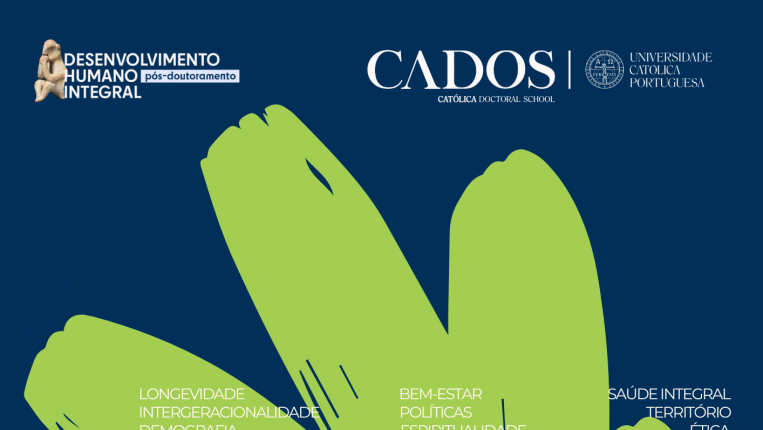Abstract
The role of culture in acting upon the phenomenon of poverty is not always thought of as a primordial one. Evidently there are urgent matters that should be addressed when it comes to social and economic plight – think of the dilemma that arises from Sebastião Salgado’s work as a photographer (Grewal 2021): by creating or representing in face of poverty, could one intervene in such a reality?
In fact, it is often through cultural representation that society can access murky waters and deal with the complexity of today’s world. A good example of this fascinating process in the form of a book is Alice’s pigeons: aging in Portugal (original title: Os pombos da senhora Alice: envelhecer em Portugal), published in 2020. A short compilation of real stories about aging Portuguese citizens (sometimes in first, sometimes in third person), it sheds light on several afflictions revolving the country’s senior population. Cutting across the crude and revealing accounts lies a striking problematic: the elderly, not rarely, are affected by social isolation and financial issues. In that sense, matters related to poverty gain the nuance and depth that cold statistics would hardly bring to the surface.
One of the stories (about a woman named Lucinda) shows that, albeit with a roof over her head, she lives in a precarious situation: not only because her 400-euro retirement pension does not allow for much, but because she accepts food from charities such as Comunidade Vida e Paz, in Lisbon, so that she can meet other people in brief trips out of her house. Such specific entanglements between the aging population and economic issues come up on a personal level and feel relatable to the reader, as they do reflect the reality of many people one could observe in day-to-day Portugal.
By extracting a few life stories told in the book written by Ana Catarina André, hopefully the function of storytelling will stick out as crucial to understanding the specificities of poverty afflicting senior citizens. Since people’s motivations, decisions and sensibilities do not always conform to logics of causality, literature and reportage can actively denounce the status quo while adding humanity to the accounts – therefore acting, indeed upon our social reality.
References
André, Ana Catarina. 2020. Os pombos da senhora Alice: envelhecer em Portugal. Lisboa: Fundação Francisco Manuel dos Santos.
Grewal, Avleen. 2021. “Sebastião Salgado’s Photojournalism Portrays the Reality of Labour Exploitation.” ArtsHelp. Available at https://www.artshelp.com/sebastiao-salgados-photojournalism/
Biographic note
Eduardo Prado Cardoso (epcardoso@ucp.pt) is a post-doctoral researcher at Universidade Católica Portuguesa, where he currently develops a work around theater and dramaturgy for elderly groups in a vulnerable situation. He has published articles related to trauma, memory and conflict, and has also ventured into creating practices such as documentary films and a stage play.



